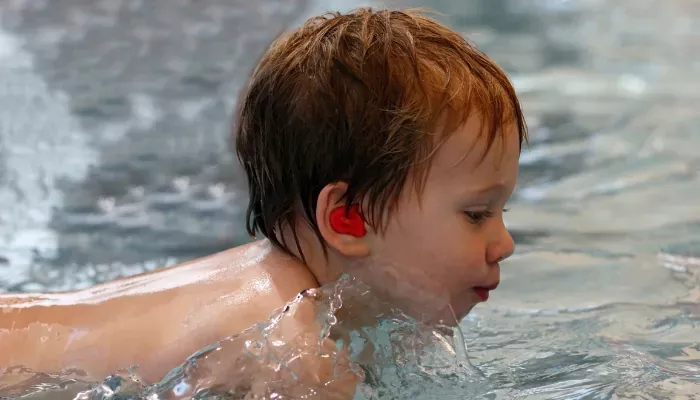Two-year-olds are at an exciting stage of development, characterized by rapid growth in physical, cognitive, and social-emotional skills. Here are some things that two-year-olds typically can do:
Physical Development
Gross Motor Skills:
Walk, run, and start to climb stairs with alternating feet.
Kick a ball, throw a ball overhand, and begin to catch large balls.
Jump with both feet off the ground.
Fine Motor Skills:
Stack blocks, typically 4-6 high.
Turn pages of a book, one at a time.
Hold a crayon or marker with their fingers instead of their fist.
Start to draw simple shapes like circles and lines.
Use utensils to feed themselves, although messily.
Cognitive Development
Language Skills:
Use simple sentences and have a vocabulary of about 50-200 words.
Follow simple instructions, such as “come here” or “give me the toy.”
Identify and name common objects and people.
Begin to use pronouns like “me” and “you.”
Problem-Solving Skills:
Complete simple puzzles with 2-4 pieces.
Begin to understand the concept of “one” and “two.”
Show curiosity about how things work and engage in simple pretend play.
Social and Emotional Development
Interaction Skills:
Show interest in playing with other children, although they may not play cooperatively yet (parallel play is common).
Display a range of emotions and begin to understand feelings.
Imitate the actions of adults and older children.
Self-Help Skills:
Begin to dress and undress with some assistance.
Start to show readiness for toilet training.
Wash hands with help and brush teeth with supervision.
Sensory and Cognitive Skills
Imitation and Imagination:
Engage in pretend play, such as feeding a doll or pretending to cook.
Mimic household activities and routines.
Attention and Focus:
Pay attention to short stories and picture books.
Follow two-step directions, like “pick up your toy and put it in the box.”
Additional Milestones
Communication and Socialization:
Use gestures to communicate needs and wants, like pointing or waving.
Begin to use words to express desires and feelings, such as saying “happy” or “sad.”
Show preferences for certain toys, books, and people.
Learning Through Exploration:
Explore their environment and learn through touching, tasting, and manipulating objects.
Demonstrate a growing understanding of cause and effect, like pushing a button to make a toy light up.
Conclusion
It’s important to note that every child develops at their own pace, and there can be a wide range of what is considered “normal” development. If you have concerns about your child’s development, consulting a pediatrician or a child development specialist can provide guidance and support.
FAQs
What are some typical language milestones for a 2-year-old?
Two-year-olds generally experience significant language development. They typically have a vocabulary of about 50-200 words and start forming simple sentences with 2-3 words, such as “more juice” or “big truck.” They can follow simple instructions like “come here” or “give me the ball,” identify and name common objects and people, and use pronouns like “me” and “you” appropriately.
How can I support my 2-year-old’s social and emotional development?
Supporting a 2-year-old’s social and emotional development involves engaging in interactive play to help them learn to share and take turns, encouraging pretend play to foster imagination and social skills, reading books together and discussing the emotions of the characters, providing a consistent routine to help them feel secure, offering praise and positive reinforcement to build their self-esteem, and helping them identify and express their emotions by labeling feelings such as “happy,” “sad,” or “angry.”
What should I do if I’m concerned about my 2-year-old’s development?
If you have concerns about your 2-year-old’s development, consider observing your child’s behavior and making notes of any specific concerns. Discuss your observations with your pediatrician, who can provide guidance and may recommend further evaluation. Seek advice from a child development specialist if needed; they can assess your child’s development and offer strategies to support growth in areas that may need attention. Engage in activities that promote development, such as reading, playing, and talking with your child. Remember that children develop at their own pace, but early intervention can be beneficial if there are developmental delays.
Related topics:
- Trouble sleeping: What Age Do Babies Sleep Through the Night?
- Things You Need to Know: What Ages Are Considered Infants?
- Unlocking the Best Creatine for Women’s Muscle Growth


